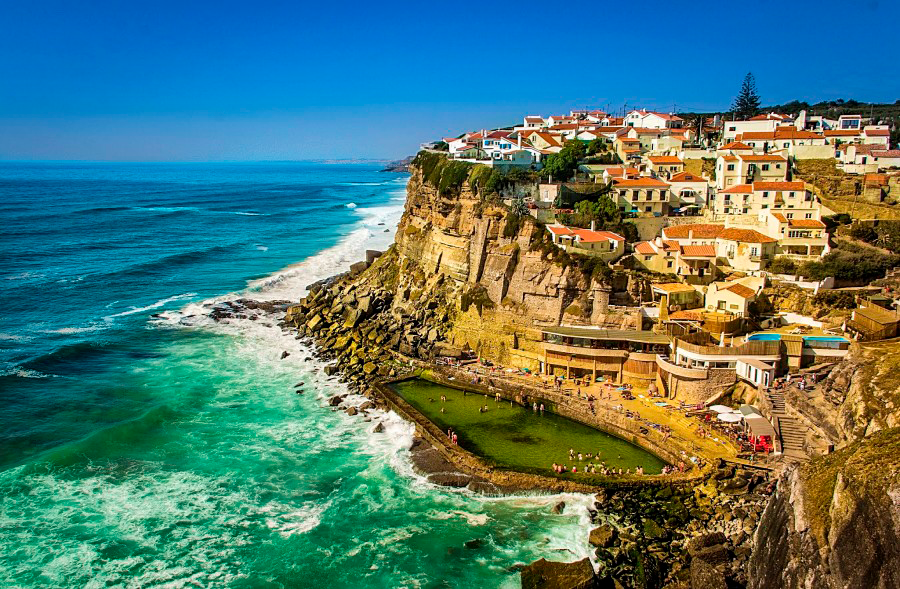A Brief History of Portugal
- What to do in PT

- Sep 29, 2024
- 2 min read

Portugal’s history is one of the richest and most captivating in Europe, dating back over two millennia. The area now known as Portugal was initially inhabited by various Celtic tribes before being colonized by the Romans in the 2nd century BCE. Roman influence left a lasting legacy, including roads, bridges, and cities like "Braga" and "Évora", which still retain Roman ruins. After the fall of the Roman Empire, the Iberian Peninsula was invaded by Germanic tribes, most notably the Visigoths, who controlled the region until the 8th century, when the Moors, hailing from North Africa, conquered much of the peninsula.
During the Reconquista, Christian forces gradually reclaimed territory from the Moors. In 1139, "Afonso I", also known as Afonso Henriques, declared himself the first King of Portugal after his victory at the Battle of Ourique, and by 1143, Portugal became officially recognized as an independent kingdom by the Kingdom of León. The Portuguese monarchy continued to consolidate its power, and in 1249, the "Reconquista" ended in Portugal with the conquest of the Algarve, marking the country's present-day borders. By the 15th century, Portugal was beginning to emerge as a leading European power.
The 15th and 16th centuries saw Portugal reach its zenith during the "Age of Discovery". Under Prince "Henry the Navigator", Portuguese explorers sailed beyond Europe’s shores, discovering new trade routes and territories. In 1498, "Vasco da Gama" famously reached India, establishing a sea route that would lead to a lucrative spice trade. Portuguese explorers, such as "Pedro Álvares Cabral", also claimed Brazil in 1500. During this time, Portugal built an overseas empire that stretched from Africa to Asia and the Americas, making it one of the wealthiest and most powerful nations in the world.
However, Portugal’s prosperity began to decline in the late 16th century. In 1580, following the death of King "Sebastião I" and a crisis of succession, Portugal entered into a dynastic union with Spain under the Spanish Habsburgs, known as the "Iberian Union". This period lasted until 1640, when Portugal regained its independence after a successful revolt. Despite recovering its sovereignty, the nation faced continued challenges in maintaining its empire, especially as other European powers like Britain and the Netherlands began to dominate global trade. By the 19th century, Portugal had lost most of its colonies, though it retained a presence in Africa until the mid-20th century.
In the 20th century, Portugal endured a lengthy dictatorship under "António de Oliveira Salazar", who ruled from 1932 to 1968. His authoritarian regime, known as the "Estado Novo", ended in 1974 with the "Carnation Revolution", a bloodless coup that brought democracy to Portugal. The revolution also led to the decolonization of Portuguese territories in Africa. Since then, Portugal has transformed into a stable, democratic nation and became a member of the "European Union" in 1986. Today, Portugal enjoys a dynamic role in global affairs while retaining its rich cultural heritage and historical significance.




